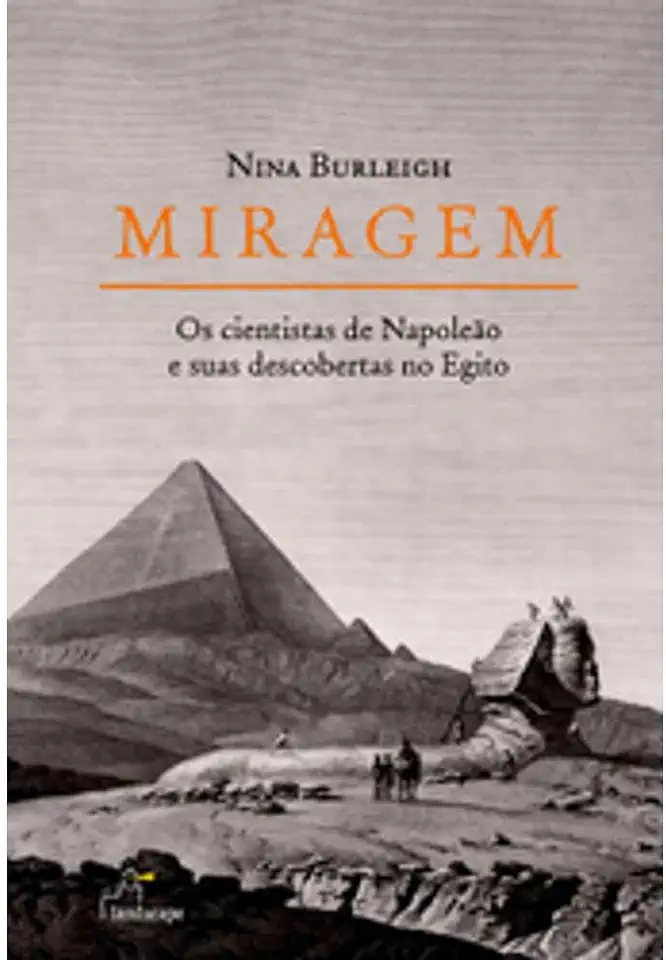
Mirage: Napoleon's Scientists and the Unveiling of Egypt
Mirage: Napoleon's Scientists and the Unveiling of Egypt
A Journey of Discovery
In 1798, Napoleon Bonaparte led a massive military expedition to Egypt, accompanied by a team of 167 scientists, artists, and scholars. Their mission was to study the ancient land and its people, and to bring back knowledge that would enrich France and the world.
The scientists and scholars who accompanied Napoleon were a diverse group, including mathematicians, physicists, chemists, naturalists, engineers, and artists. They were all eager to explore Egypt and to learn as much as they could about its history, culture, and natural environment.
The Scientific Discoveries
The scientists and scholars who accompanied Napoleon made a number of important discoveries during their time in Egypt. They surveyed the land, mapped the Nile River, and studied the ancient monuments. They also collected a vast amount of information about the flora and fauna of Egypt, and they made significant contributions to the fields of archaeology and Egyptology.
One of the most important discoveries made by the scientists and scholars who accompanied Napoleon was the Rosetta Stone. This stone, which was found in 1799, contained a decree written in three languages: Ancient Egyptian, Demotic Egyptian, and Greek. The Rosetta Stone provided scholars with a key to understanding the ancient Egyptian language, and it opened up a new world of knowledge about Egyptian history and culture.
The Cultural Impact
The scientific discoveries made by the scientists and scholars who accompanied Napoleon had a profound impact on European culture. They helped to create a new understanding of the ancient world, and they inspired a new wave of interest in Egyptian history and culture. The discoveries also had a significant impact on the development of modern archaeology and Egyptology.
A Lasting Legacy
The scientific expedition to Egypt led by Napoleon Bonaparte was a major turning point in the history of Egyptology and archaeology. The discoveries made by the scientists and scholars who accompanied Napoleon laid the foundation for our modern understanding of ancient Egypt, and they continue to inspire scholars and researchers to this day.
Why You Should Read This Book
Mirage: Napoleon's Scientists and the Unveiling of Egypt is a fascinating account of one of the most important scientific expeditions in history. It is a story of adventure, discovery, and intrigue, and it is sure to appeal to anyone who is interested in history, archaeology, or Egyptology.
This book is also a testament to the power of science and scholarship. It shows how a group of dedicated scientists and scholars can make a real difference in the world, and it inspires us to follow in their footsteps.
If you are looking for a book that will transport you to another time and place, and that will leave you with a new appreciation for the power of science and scholarship, then I highly recommend Mirage: Napoleon's Scientists and the Unveiling of Egypt.